March Spotlight: Pramita Kuruvilla, MD, FAAFP, HEC-C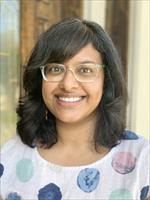
Associate Professor
Department of Medicine
I am an Associate Professor of Medicine at UCSF, where I work clinically with the Symptom Management Service at the Helen Diller Family Comprehensive Cancer Center and the inpatient Palliative Care Service.
I earned my medical degree at Yale University School of Medicine and completed a family medicine residency at UCSF-affiliated Contra Costa Regional Medical Center (CCRMC). I completed a leadership fellowship through America's Essentials Hospitals and a clinical fellowship in Hospice and Palliative Medicine at UCSF. I am board-certified in Family Medicine and Hospice and Palliative Medicine, and I have earned my Healthcare Ethics Consultant-Certified Credential.
Prior to joining UCSF, I worked for many years as an ICU physician and Bioethics consultant, and have extensive experience caring for patients and families navigating critical illness. Previously, I was the Assistant Medical Director of CCRMC Critical Care Services, Chair of the CCRMC Bioethics Committee, and a volunteer with Doctors Without Borders/Médecins Sans Frontières (MSF) in peri-civil war Côte d'Ivoire. I currently serve on the MSF-USA DEI Council.
February Spotlight: Becky Deboer, MD, MA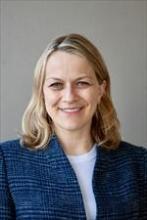
Assistant Professor
Department of Medicine
Division of Hematology/Oncology
I am an Assistant Clinical Professor of Medicine in the Division of Hematology/Oncology at UCSF and an attending medical oncologist at Zuckerberg San Francisco Hospital (SFGH). My academic background is in bioethics and global health, and I have prior clinical experience working as an oncology clinician at Butaro Hospital in rural Rwanda with the NGO Partners In Health. My research uses implementation science to improve the delivery of high quality, equitable cancer care to patients in diverse settings including in Rwanda, Tanzania, and the public safety net health system in San Francisco. My current projects focus on patient-clinician communication, resource allocation, and clinical practice evaluation and improvement in cancer care. I also teach global health ethics at the UC Berkeley School of Public Health and medical ethics at the UCSF School of Medicine. Clinically, I have a general oncology clinic and a breast oncology clinic at SFGH.
November 2023: Jarmin Yeh, PhD, MPH, MSW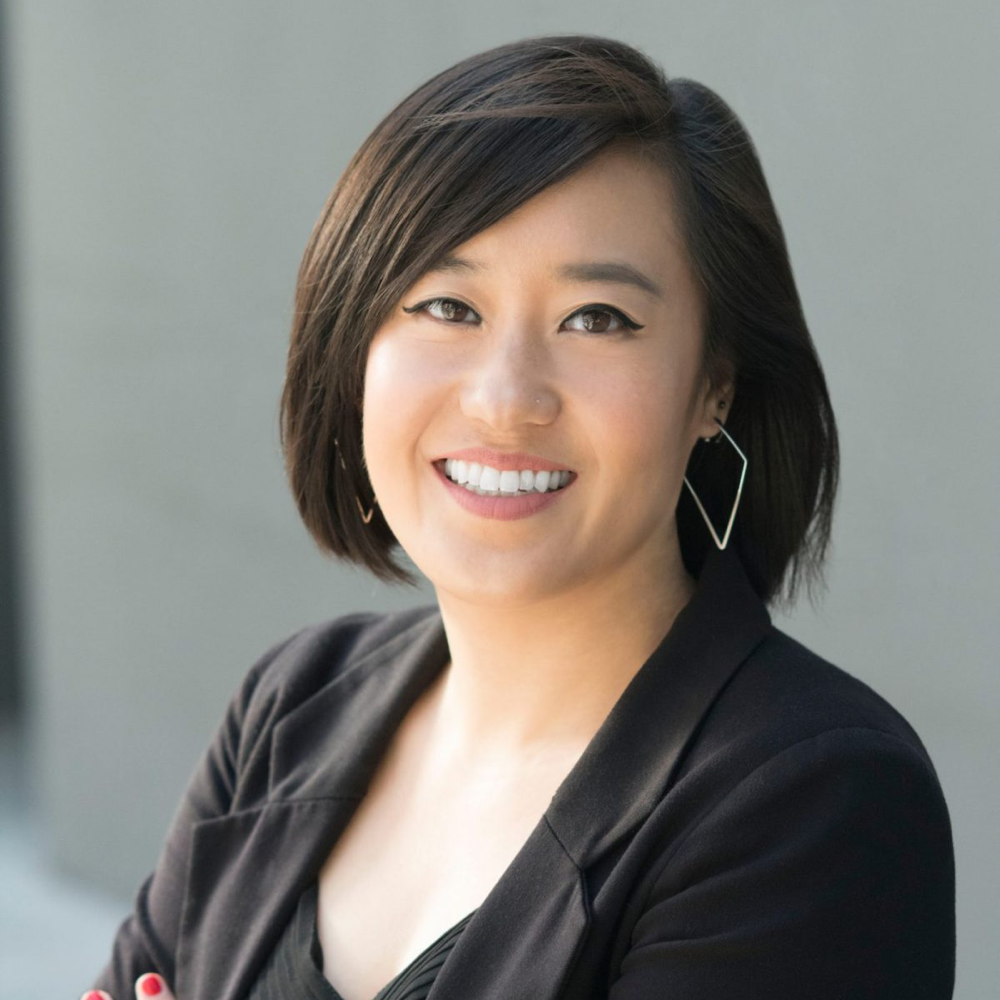
Associate Professor
Institute for Health & Aging
Department of Social & Behavioral Sciences
My research broadly investigates social justice issues that impact the quality of life of community-dwelling older adults, people living with dementia, and caregivers. I serve as a Co-Director of the UCSF Emancipatory Sciences Lab, founded by Dr. Carroll Estes; am affiliate faculty with the UCSF Philip R. Lee Institute for Health Policy Studies and UCSF Bioethics; and teach in the UCSF Master of Science in Healthcare Administration and Interprofessional Leadership (MS-HAIL) Program. Prior to joining UCSF, I worked at The New York Academy of Medicine’s Social Work Leadership Institute, where I managed a national initiative funded by the John A. Hartford Foundation to bolster the social work workforce in aging. I serve on the board of directors for the Metta Fund, Community Living Campaign, and Head Over Heels Athletic Arts. I currently lives in San Francisco, California. A retired gymnast and former student-athlete, I still perform the occasional cartwheel.
October 2023: Alex Smith, MD, MS, MPH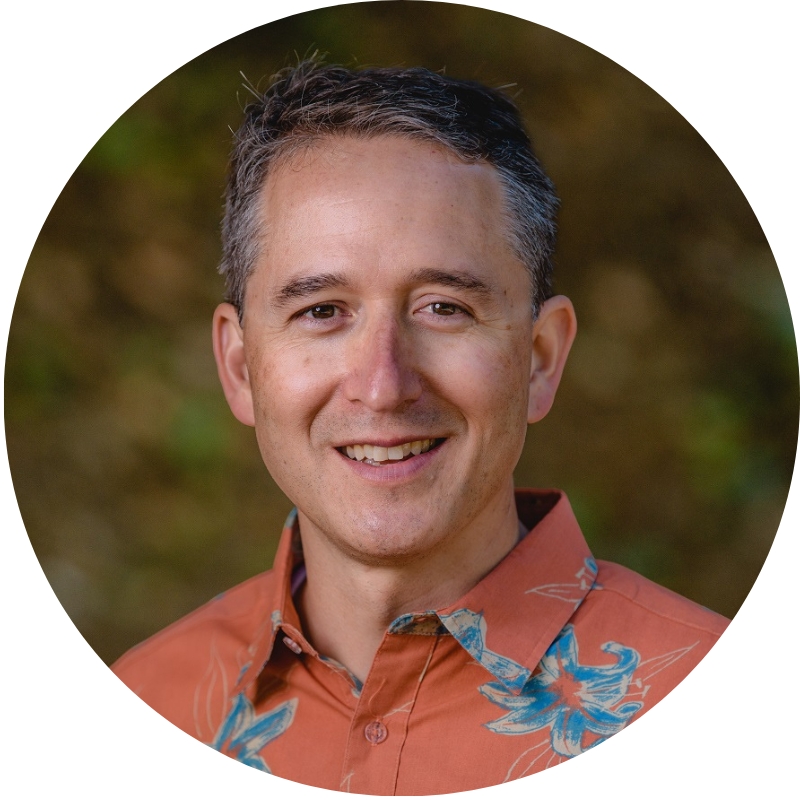
Professor
Department of Medicine
Division of Geriatrics
I received my medical school training in the UC Berkeley/UCSF Joint Medical Program. I then completed a primary care internal medicine residency at Brigham and Women's Hospital (BWH) followed by two fellowships, a one-year clinical fellowship in Palliative Medicine at BWH and Dana Farber Cancer Institute, followed by a two-year General Internal Medicine Fellowship at Beth Israel Deaconess Medical Center, including an MPH from the Harvard School of Public Health. I returned to UCSF in July 2008 as faculty in the Division of Geriatrics.
My research is focused on improving quality of life and patient-physician communication for older adults, particularly those with a limited prognosis. I have been funded by multiple National Institute on Aging Grants, including 2 R01s, Co-PI of a P01 Research Project, a K24, and a K23. I am a prior recipient of Beeson, SGIM/T Franklin Williams Scholar, Greenwall Faculty Scholar, NIA Diversity Supplement, and National Palliative Care Research Center awards.
I am co-founder of ePrognosis.org, an online compendium of prognostic calculators, and with Dr. Eric Widera, has co-founded GeriPal, a geriatrics and palliative care podcast for every healthcare professional. I am a Executive Editor at JAGS where I co-leads the Junior Reviewer Program for early career faculty-researchers. I play a major role in organizing the next generation of geriatrics and palliative care researchers through individual mentoring and participation in the National Palliative Care Post-Doc Research Collaborative. I am Director of UCSF's NIA funded T32 program.
September 2023: Anita Ho, PhD, MPH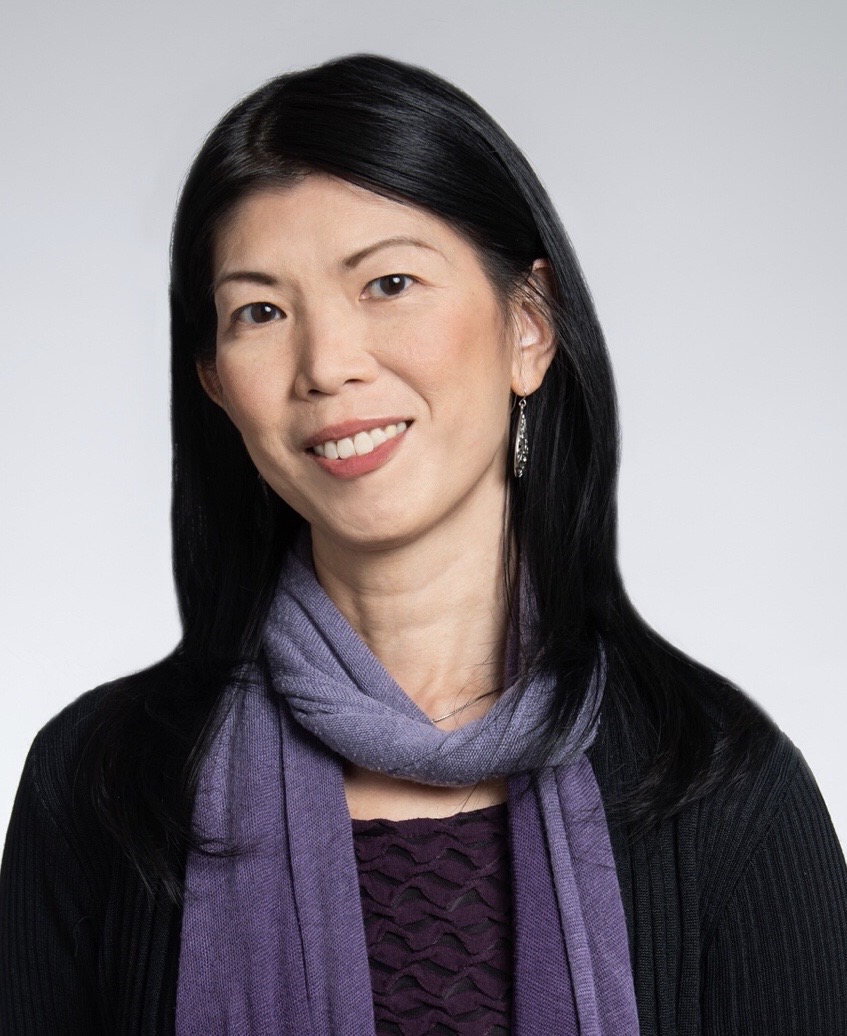
Associate Professor
UCSF Bioethics
Institute for Health & Aging
I am a bioethicist and health services researcher with a unique combined academic training and experience in philosophy, clinical/organizational ethics, public health, and business. (I’m also a classically trained pianist, with a Master degree in piano performance. Clearly, I am still trying to decide what I will do when I grows up!) I’m currently an Associate Professor at the UCSF Bioethics Program and a Clinical Associate Professor at the Centre for Applied Ethics at the University of British Columbia. Additionally, I’m the Vice President of Ethics (Northern California Division) for CommonSpirit Health. Between 2014 and 2017, I was Associate Professor and the Director of Undergraduate Ethics Education at the Centre for Biomedical Ethics at the National University of Singapore School of Medicine.
An international scholar and author of more than 80 publications, I am an elected fellow of The Hastings Center. My current research focuses on ethical dimensions of utilizing innovative and artificial intelligence technologies in health care, research and trial design ethics, supportive decision making, and end-of-life care decisions. I am particularly interested in systemic and social justice issues arising in health care. My broader research areas include trust and decision making in clinical and research medicine, family-centered care, health-care resource allocation and disparity, organizational and system ethics in health care, cross-cultural and global health ethics, professional-patient relationship, ethics education for health professionals, disability and pain experiences, and various concepts of autonomy. My book, Live Like Nobody is Watching: Relational Autonomy in the Age of Artificial Intelligence Health Monitoring, was published by Oxford University Press in May 2023.
August 2023: Suzanne Martin Herz, MD, PhD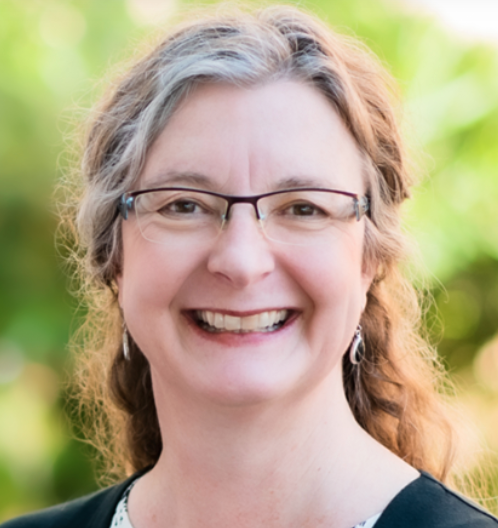
Associate Professor
Department of Pediatrics
Division of Developmental Medicine
Institute for Global Health Sciences
Dr. Susanne Martin Herz has two main streams of scholarly work; one on the prevention/amelioration of neonatal brain injury and developmental disability, neurodevelopmental assessment across contexts, and the epidemiology of developmental disabilities in low- and middle-income countries (LMIC), and the other related to clinical program development, quality improvement and health system strengthening. She was a consultant on neurodevelopmental strategy and programs to the Bill & Melinda Gates Foundation from 2016-2020 and a technical advisor on an American Academy of Pediatrics (AAP)/USAID Applying Science to Strengthen and Improve Systems (ASSIST) health systems strengthening project in 2018-2019. She is a current member of the World Health Organization's Nurturing Care Framework Implementation Working Group and the American Academy of Pediatrics' Global Early Childhood Development Project Advisory Committee, and was recently selected to the World Health Organization Brain Health Unit's Roster of Consultants.
Clinically, Dr. Martin Herz is the Transbay Medical Director for the Division of Developmental Medicine. She sees patients in the Intensive Care Nursery Follow-up Program at UCSF Benioff Children's Hospital San Francisco and its satellites, as well as at UCSF Benioff Children’s Hospital Oakland, where she is active in the assessment and management of young children with developmental delay, concern for autism spectrum disorder or behavior concerns.
Dr. Martin Herz completed medical school at Stanford University School of Medicine and residency in Pediatrics at Seattle Children's Hospital and UCSF. She completed a fellowship in Developmental-Behavioral Pediatrics at Seattle Children's Hospital, a PhD in Psychology at the University of Washington and a Clinical Fellowship in Pediatric Bioethics at the Treuman Katz Center for Pediatric Bioethics in 2011. She joined the faculty at UCSF in the Department of Pediatrics Division of Developmental Medicine in 2014 and is Affiliate Faculty in both the UCSF Bioethics and the Institute for Global Health Sciences.
July 2023: Alissa Bernstein Sideman, PhD, MPH, MA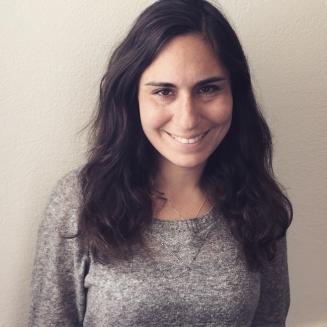
Assistant Professor, Institute for Health Policy Studies
Department of Neurology
Department of Humanities & Social Sciences
Global Brain Health Institute
I am a medical anthropologist and health policy researcher focused on understanding and improving the assessment, diagnosis, and care of people with Alzheimer’s disease and related dementias, with a specific focus on primary care in safety net settings. I also conduct research focused on care navigation to support people with dementia and their caregivers and building palliative care approaches in memory care settings. I teach medical students, fellows, and Master's students on topics that include qualitative research methods, implementation science, community-based participatory research, and human-centered design. I hold an MA in Cultural & Social Anthropology from Stanford, an MPH from UC Berkeley, and a PhD from the joint UCSF-UC Berkeley Medical Anthropology program. In addition to being an Assistant Professor in the Department of Humanities and Social Sciences and Department of Neurology within the UCSF School of Medicine, I am also core faculty in the Philip R. Lee Institute for Health Policy Studies, as well as faculty in the Global Brain Health Institute at UCSF.
March 2023: Brian Block, MD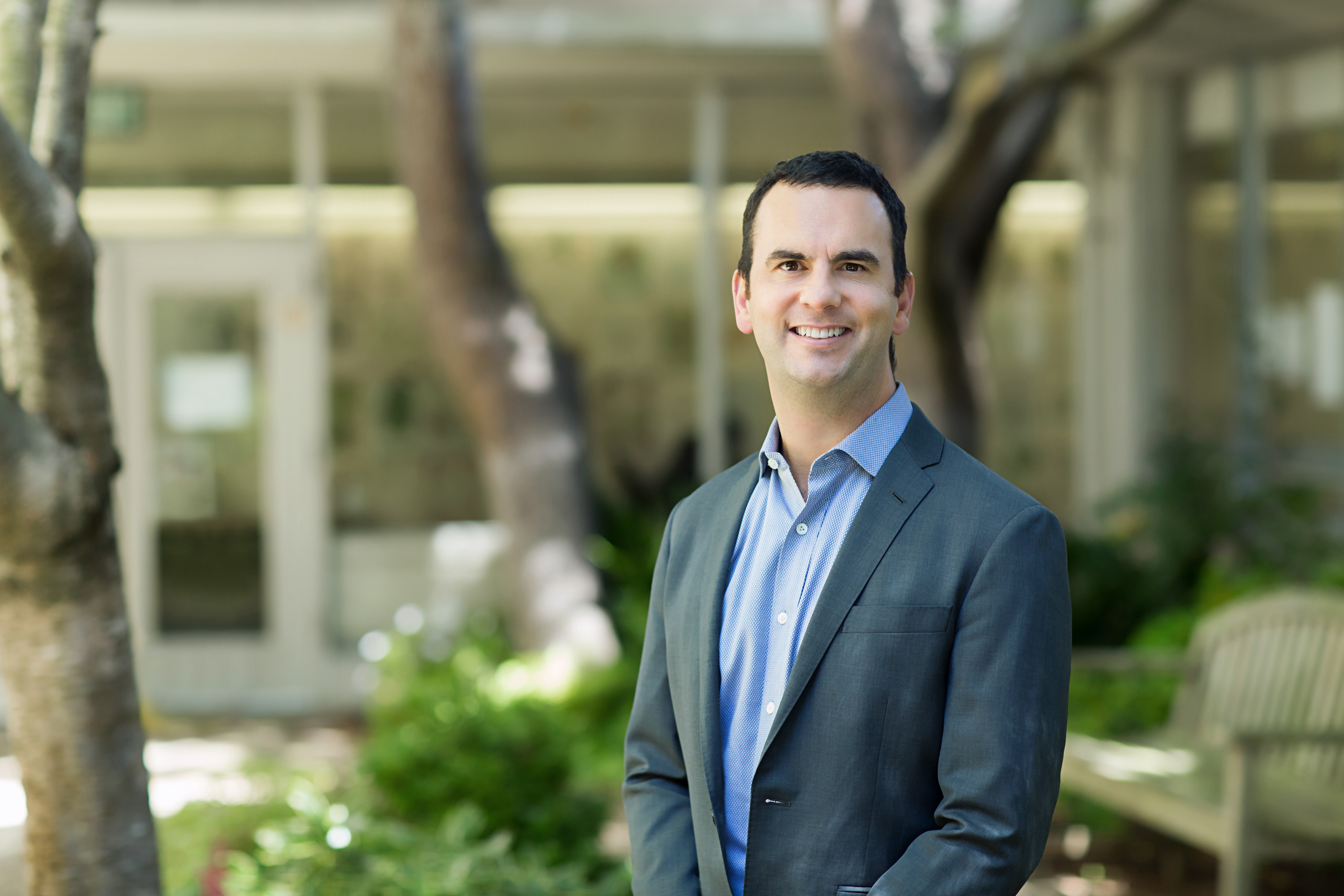
Assistant Professor, Division of Pulmonary, Allergy, Critical Care and Sleep Medicine
Associate Director, Medical ICU
Associate Director, Critical Care Ultrasound
I work as a clinician, teacher, and administrator with both inpatient and outpatient responsibilities. On the inpatient side, I care for patients in our Medical ICU, including those with chronic critical illness. I also attend in the Pulmonary Function and Exercise Physiology lab. In the outpatient setting, I care for patients in the General Pulmonology Clinic, Fellows Clinic, and also specialize in the care of patients recovering from critical illness, including survivors of COVID-19.
I have a longstanding interest in medical ethics and have been a member of the Medical Ethics Commitee at UCSF Health since I was a Pulmonary Fellow. My scholarship has focused on advance care planning and how we can better prepare surrogate decision makers for the decisions they may face when a loved one is admitted to the ICU. I facilitate multiple ethics sessions in the medical school and lead the ethics sessions for the internal medicine clerkship.
January 2023: Julie Harris-Wai, PhD, MPH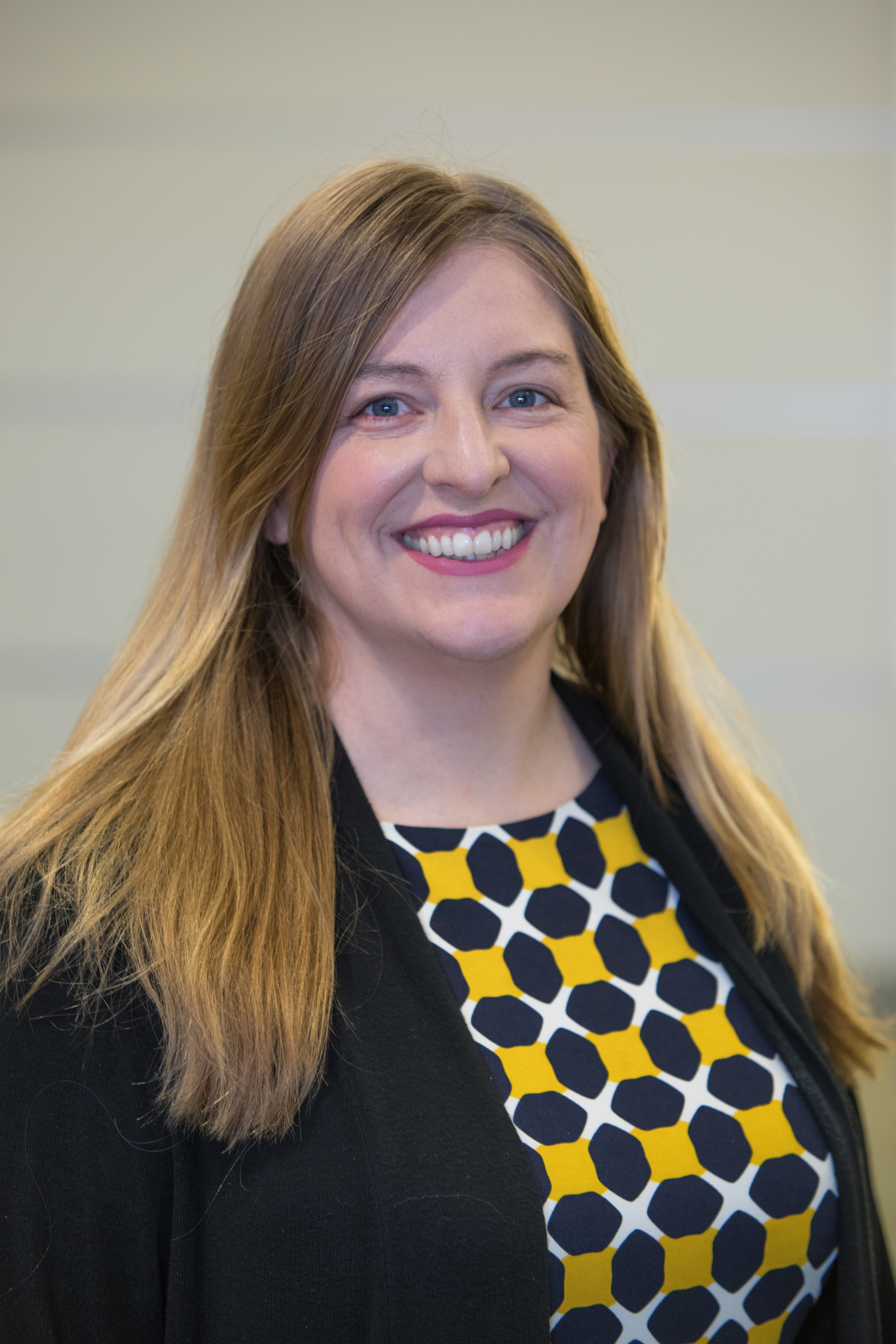
Associate Professor, Institute for Health & Aging,
School of Nursing
Research Director, UCSF Genetic Counseling Program
I’m an interdisciplinary social and public health scientist with a focus on the ethical and socio-political implications of emerging genomic technologies. The goal of my work is to incorporate diverse community and stakeholder perspectives into health policy decision-making. I have helped spearhead community-engaged ELSI projects spanning colorectal cancer screening in African-American faith communities to biobanking governance in large population-based biorepositories, to genome sequencing research in diverse pediatric and prenatal populations.
Previously, I served as the Associate Director of the Kaiser Permanente/UCSF Center for Excellence in Research on Translational Genomics and Ethics (CT2G). I led national working groups on stakeholder and community engagement in genomics research and previously directed community and bioethics advisory groups for the national Kaiser Permanente Research Bank- a population-based biorepository of Kaiser Permanente members. I led a research project on the use of deliberative community engagement methods to inform policy decisions about the future of California’s newborn screening and biobanking programs. Currently, I serve as the Research Director for the newly established UCSF Genetic Counseling Program. In my role, I teach courses on research methods and on social, ethical, and legal issues in genetics and mentor students in their research projects. I completed my PhD in public health and genetics from the University of Washington, and a postdoctoral fellowship in population health from the Robert Wood Johnson Health and Society Scholars program. I also hold a Master’s in Public Health from the University of North Carolina at Chapel Hill.
In my spare time I enjoy competing in triathlons and being out on the water kayaking, paddleboarding, or just splashing around with my two kids.
November 2022: Sirisha Narayana, MD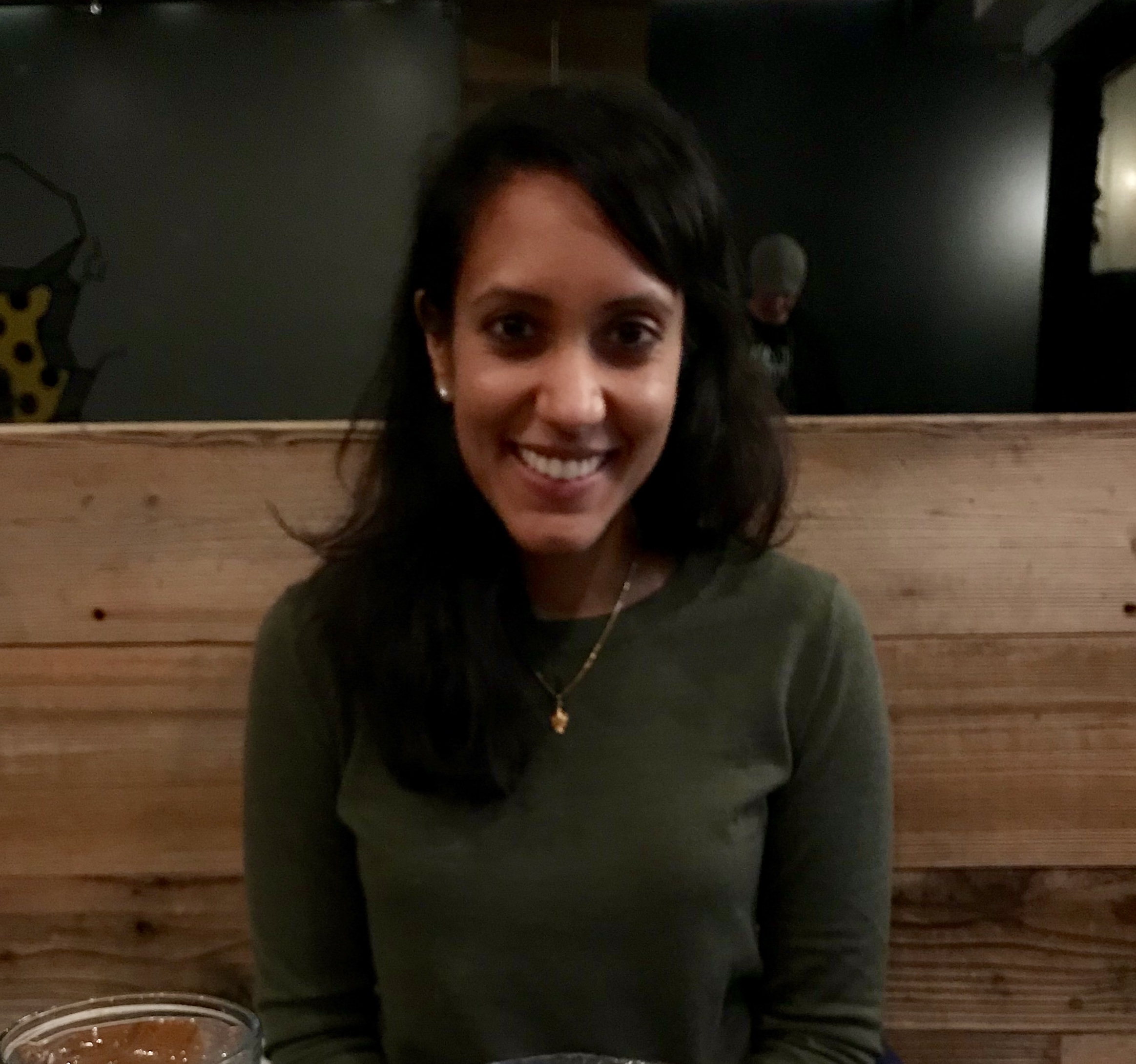
Associate Professor, Department of Medicine
Director of Education, Division of Hospital Medicine
Co-Director, Diagnostic Reasoning, School of Medicine
Chair, UCSF Medical Ethics Committee
I am a hospital medicine physician and clinician-educator faculty who cares for patients on the inpatient medicine direct care and teaching services at Moffitt-Long Hospital. I am interested in complex medical decision-making, which ties together my background in clinical reasoning and ethics. I chair the UCSF Ethics Committee and am Chief of the Ethics Consultation service. During the COVID-19 pandemic I worked with ethics experts across the UC system to craft triage and allocation strategies and equitable vaccine policies. I am also the Co-Director of the Diagnostic Reasoning course in the School of Medicine. I strive to make our clinical environment engaging, compassionate, and equitable for patients, learners, and providers alike. I work on gender equity in hospital medicine and helped initiate UCSF's Schwartz Rounds for Compassionate Care.
August 2022: Krista Harrison, PhD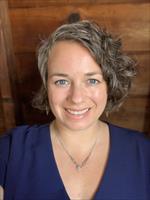
Associate Professor,
Department of Medicine:
Division of Geriatrics & The Institute for Health Policy Studies
I am an interdisciplinary social scientist whose research aims to improve models of care & policies for older adults living with, dying from, and grieving neurodegenerative diseases and other serious illnesses. I lead an R01-equivalent using nationally representative quantitative data examining the impact of hospice, and hospice policy changes, on community-dwelling people with dementia and a mixed-methods career development award aiming to develop geriatric palliative care clinical interventions and toolkits for home-dwelling people with dementia and care partners. My future work aims to gather stakeholder perspectives on what would constitute equitable care near end-of-life for older adults with Alzheimer's disease, and related condition and partner in the development of policy solutions. I also collaborate extensively on other initiatives to improve the lives of older adults with disability, serious illness, and/or neurodegenerative diseases receiving care in a variety of settings.
I serve in several leadership roles across campus such as IHPS Associate Director of Training, Director of the AHRQ T32 Health Policy Postdoctoral Fellowship, Associate Director of the NIA T32 Aging Research Program, and Co-Director of the Claude D. Pepper Older American Independence Center Vulnerable Aging Research Core. I completed my PhD in health policy & bioethics at the Johns Hopkins Bloomberg School of Public Health and postdoctoral training in aging research and implementation science at UCSF. I'm also Atlantic Senior Fellow for Equity and Brain Health at the Global Brain Health Institute and a former leader within a community-based hospice and palliative care organization.
July 2022: Anna Chodos, MD, MH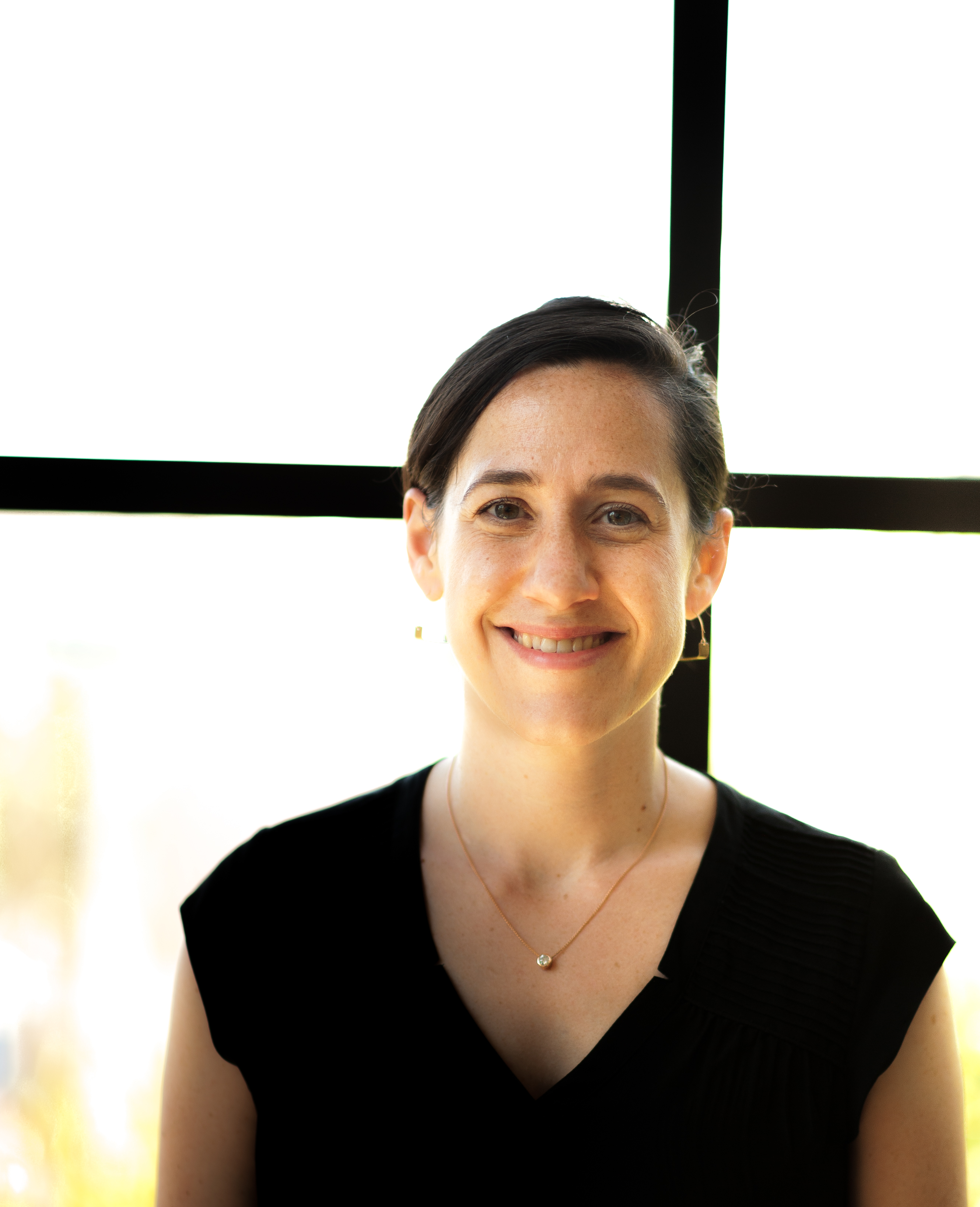
Associate Professor
Department of Medicine
Divisions of Internal Medicine & Geriatrics
I am an internist and geriatrician with a clinical and academic focus on integrating geriatric care into primary care for older patients who get care in the safety net. I am the Director of Whole Person Geriatrics for the San Francisco Health Network, with the task of improving ambulatory care for older adults, and the director of two clinics: the outpatient Geriatrics Consult Service and the Geriatrics-Neurology Cognitive Clinic at Zuckerberg San Francisco General Hospital.
Additionally, I’m Principal Investigator of Dementia Care Aware, a statewide program to improve detection of and care planning for people living with dementia and who have Medi-Cal, and the Co-Principal Investigator of the Geriatrics Workforce Enhancement Program, which is training health care providers and social service providers in geriatrics principles. In ethics, I'm exploring the role of patient perspectives in resolving complex dilemmas for older adults who are unrepresented, i.e. do no have decision making capacity and also lack a surrogate decision maker. I attended medical and public health school at Harvard Medical School and the Harvard School of Public Health. I completed an Internal Medicine Primary Care residency at UCSF-Zuckerberg San Francisco General and a Geriatrics clinical and research fellowship at UCSF.
June 2022: Sara Ackerman, PhD, MPH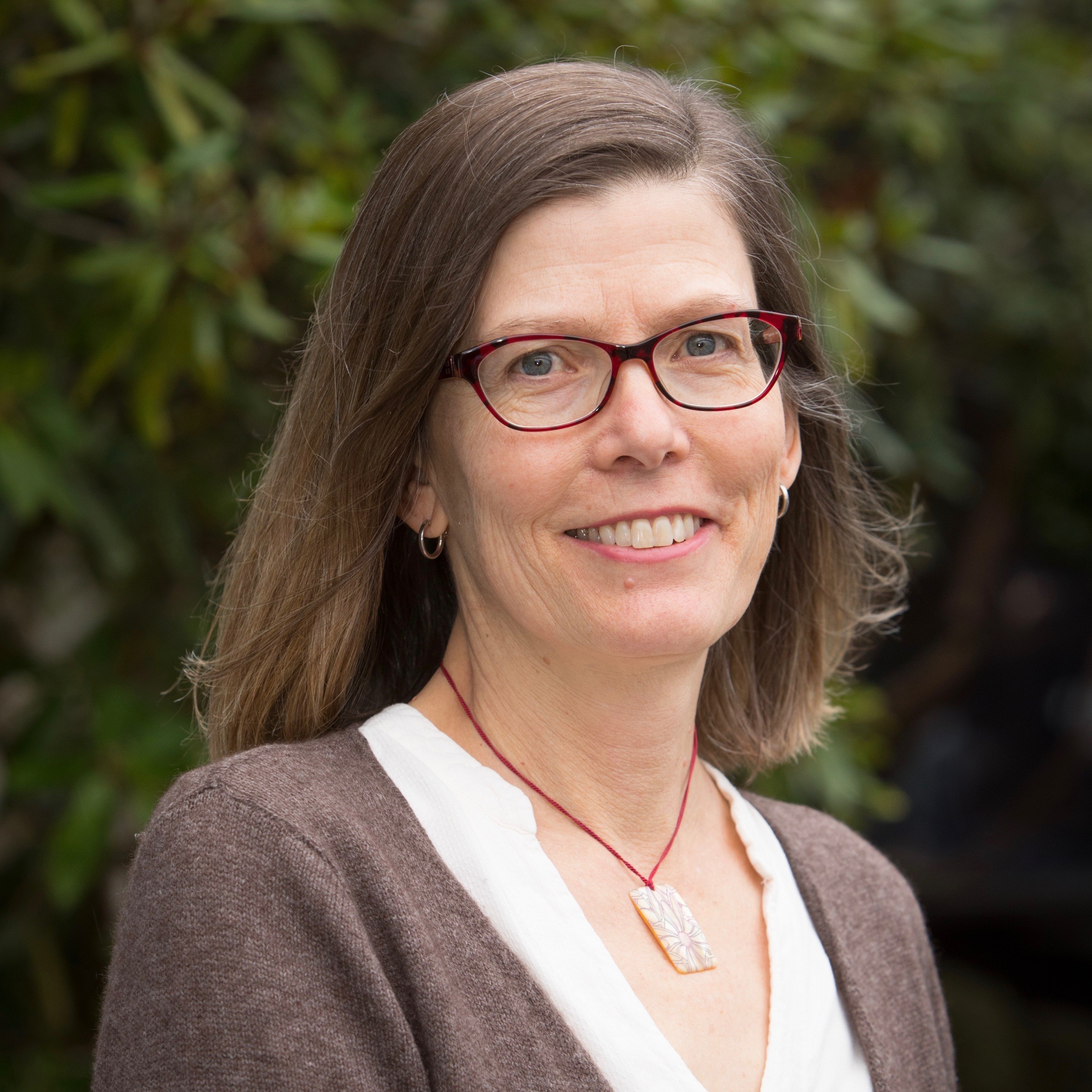
Associate Professor
Department of Social & Behavioral Science
I am medical anthropologist working in the interdisciplinary fields of empirical bioethics and implementation science. My research draws on ethnographic methods to examine social, ethical and equity issues in emerging precision medicine initiatives, including the implications of efforts to enroll underrepresented groups in genomics research and strategies for ensuring community participation in decisions about how patient data is shared and used. One of my ongoing projects is using a collaborative design process and visual storytelling to share aggregate findings with diverse families participating in genomics research.
As an implementation science researcher and educator, I collaborate with several multi-disciplinary health services research teams and teach two courses for UCSF’s Implementation Science Training Program: Community-Engaged Research and Qualitative and Mixed Methods. I also serve as Course Director for Responsible Conduct of Research for Clinician Scientists.
In my spare time I am an avid gardener and have been learning how to prune fruit trees. Advice and tips welcome!
May 2022: Efrat Lelkes, MD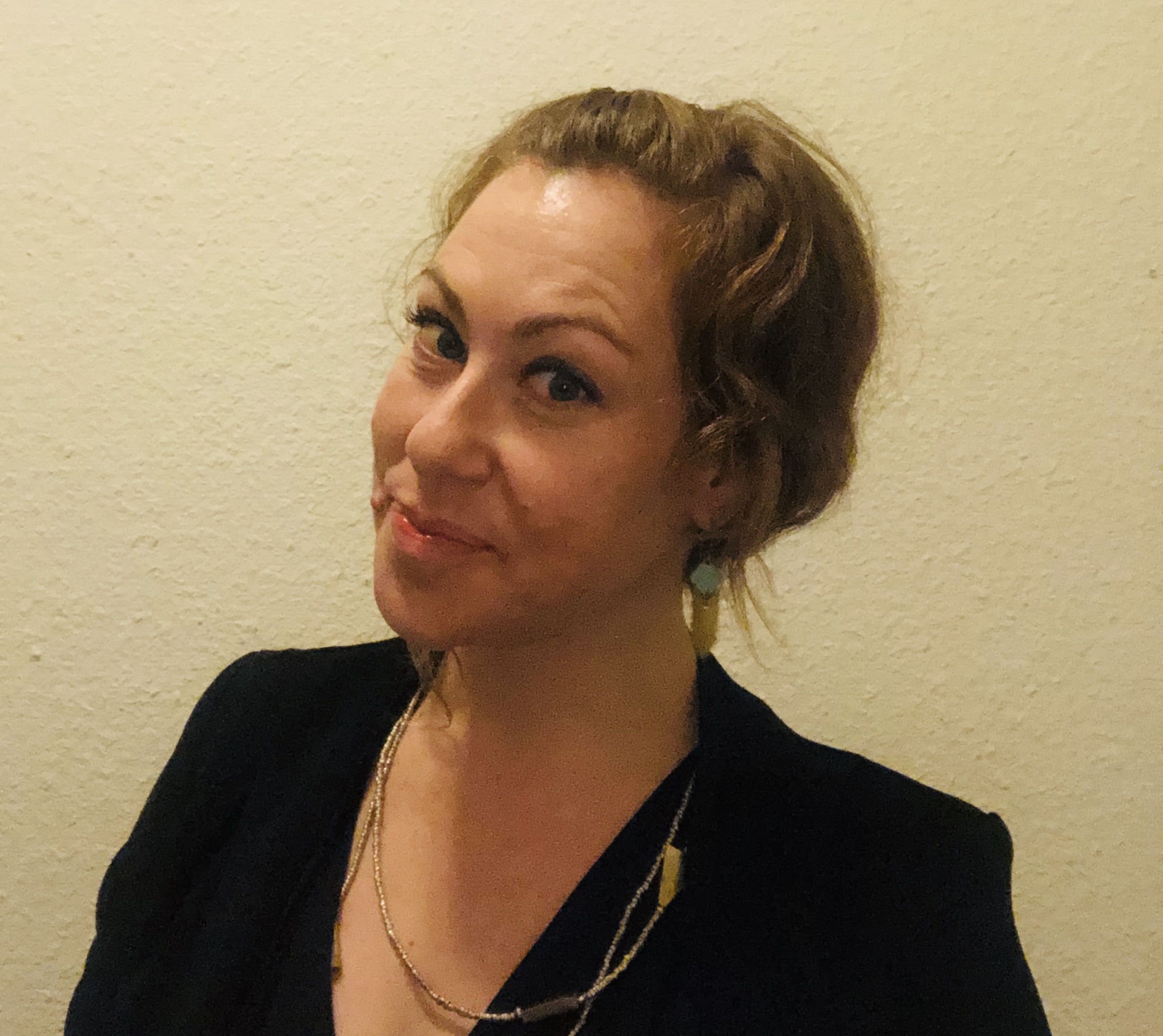
Associate Professor
Department of Pediatrics
I am a pediatric critical care and palliative care physician who is interested in fostering an increased understanding, and integration of, bioethics in pediatrics to ameliorate moral distress and enhance meaning in medicine for providers.
I am particularly involved in end of life in pediatrics and at the intersection of palliative care and ethics, specifically in pediatric critical care. Through clinical ethics, multidisciplinary education and narrative ethics, I aims to strengthen our ability to provide excellent care, advance pediatric medicine, and care for the sickest of children.
April 2022: Elizabeth Dzeng, PhD, MD, MPH, MPhil, MS
Associate Professor In Residence, Division of Hospital Medicine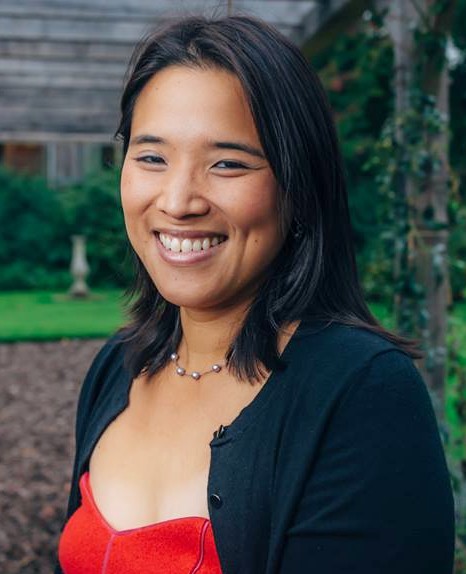
Philip R. Lee Institute for Health Policy Studies
Department of Humanities and Social Sciences
I am a hospitalist, sociologist, and ethicist who draws from diverse qualitative research methods including empirical bioethics, sociological methods, and human centered design to improve health equity and quality of end-of-life care. I current hold appointments as an Associate Professor in Residence in the Division of Hospital Medicine and Social and Behavioral Sciences, Sociology program and Affiliated Faculty in the Department of Humanities and Social Sciences and the Philip R. Lee Institute for Health Policy Studies. I split my time between San Francisco and London where I am a Senior Research Fellow at the Cicely Saunders Institute at King's College London.
My current projects include: 1) a comparative ethnographic study to understand how cultures of high intensity end-of-life care develop in the United States and United Kingdom, 2) using human centered design to mitigate potentially non-beneficial life-sustaining treatments near the end of life, 3) a community based participatory research project to understand how experiences of structural racism across the life course influences the quality of end-of-life care in older Black adults, and 4) the effects of neoliberalism on the culture and ethics of healthcare institutions and how that contributes to patterns of high-intensity end-of-life care.
March 2022: Angela Marsiglio, MBBS, MBE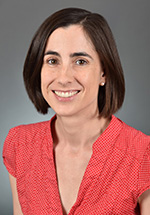
Assistant Professor
Anesthesia
I work as a Pediatric Anesthesiologist and Acute Pain Attending at Benioff Children’s Hospital in Mission Bay and Walnut Creek. In this role I care for children with acute and chronic medical conditions, particularly children with cancer. There is a strong pediatric Bioethics community across all UCSF campuses, and I contribute by co-coordinating our monthly Pediatric Bioethics meetings.
In the School of Medicine, I serve as the Topic Champion for Bioethics, which involves reviewing and creating new curricula, delivering lectures, facilitating small groups, and coordinating our dedicated group of Ethics educators. Bioethics exists as a thread across the entire Bridges curriculum, and the content evolves with students as they gain more clinical exposure and experience ethically challenging situations. The ultimate objective is for students to matriculate with the ability to identify and analyze ethical dilemmas in research, clinical, societal and global settings. While Principlism forms the basis of ethical analysis, theories of Relational Autonomy, Intersectionality and Reproductive Justice are included to enable a more complete conception of the patient-provider relationship and the social contexts surrounding it.
February 2022: Jack Chase, MD

Associate Professor
Family & Community Medicine
I work as a family physician at San Francisco General Hospital (SFGH) and as a faculty member in the UCSF Family and Community Medicine Residency Program. As a hospitalist and consultant in palliative care, social medicine and ethics, my clinical work centers around the care of adult patients living with advanced medical illnesses (such as heart failure, cancer, end stage liver and kidney disease, severe infections), serious mental illness, substance use disorders and complex social conditions, such as homelessness, poverty, food insecurity, social isolation and traumatization. Through my clinical, educational and leadership work, I hope to contribute to a more just, inclusive and human-centered health system, particularly for people from marginalized communities.
As part of my work, I co-lead the SFGH Ethics Committee -- an opportunity to work with a remarkable group of colleagues for which I am very grateful. Our committee is composed of nurses, social workers, chaplains and clergy, attorneys, risk managers, community advocates and activists, physicians and hospital leaders from SFGH, San Francisco Department of Public Health and community members from the Bay Area. At the core of our work, we facilitate discussion with colleagues to support the autonomy of people from marginalized communities, increase our positive impact in patients' lives while reducing harm from coercive care, promote health and social equity and reproductive justice -- impacting direct clinical care as well as the formulation of health policy. To improve our service to the hospital, health system and SF community, we have recently created a structure for ethics program development including broader recruitment of members from ambulatory care and the community, education and coaching resources for new members, and a framework for impact analysis which resulted in successful funding of our committee and consult service -- and gladly offer this to other institutions to increase the impact of ethics committees. During COVID-19, our committee has provided over 250 clinical ethics consultations, led the creation of the crisis standard of care framework for SFGH, and provided ethics consultation to the Health Officer of San Francisco related to citywide health policy. The committee eagerly invites interested members across the SF and Bay Area community to participate -- please contact [email protected] for more information.
January 2022: Jennifer James, PhD, MSW, MSSP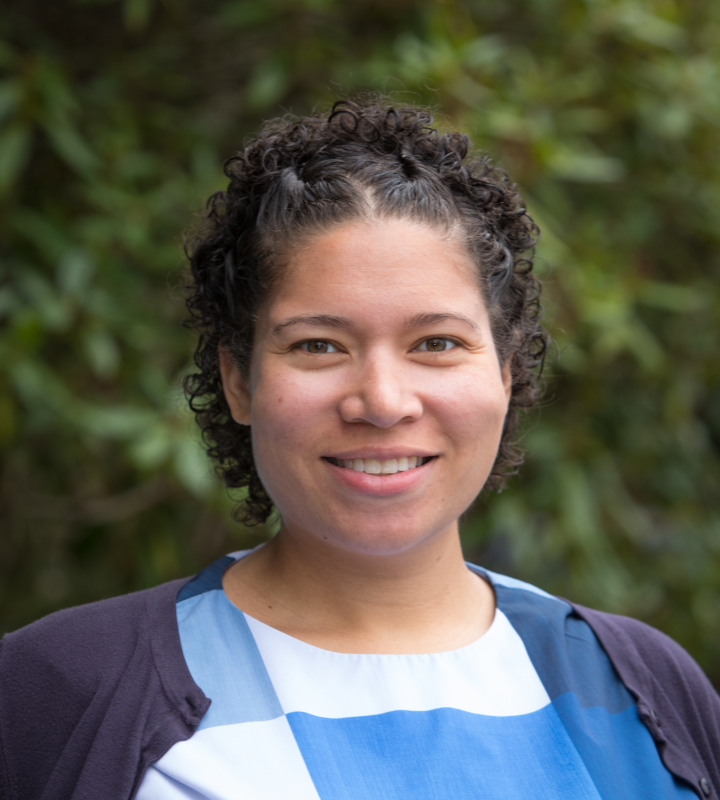
Assistant Professor
Institute for Health & Aging, Dept. of Social Behavioral Sciences
I’m a qualitative researcher and Black Feminist scholar whose research lies at the intersection of race, gender, and health. I earned my PhD in Sociology from UCSF, as well as a Master’s of Social Work and a Master’s of Science in Social Policy from the University of Pennsylvania and a Bachelor of Arts in Political Science from Yale University. Much of my work over the past few years has been focused on the experience of older individuals with chronic illness who are incarcerated in prisons.
I’m looking forward to expanding my work on healthcare and incarceration through my appointment as a Greenwall Faculty Scholar. My work will examine the historical legacy of eugenics in California prisons, the unique burden of custodial care to examine patient-provider relationships, and the role of health care in prisons as an expansion of state violence and control of the bodies of Black and Brown women.
